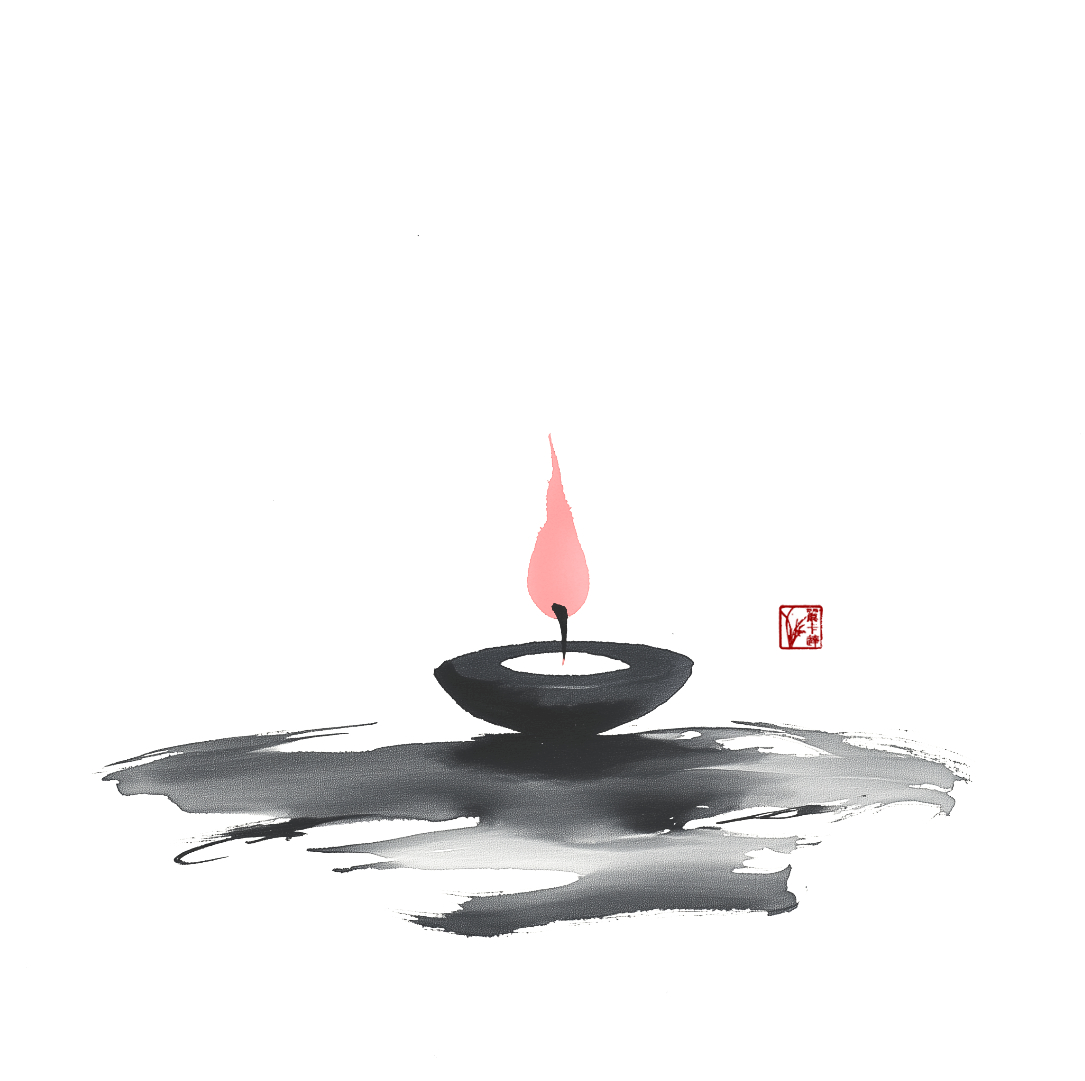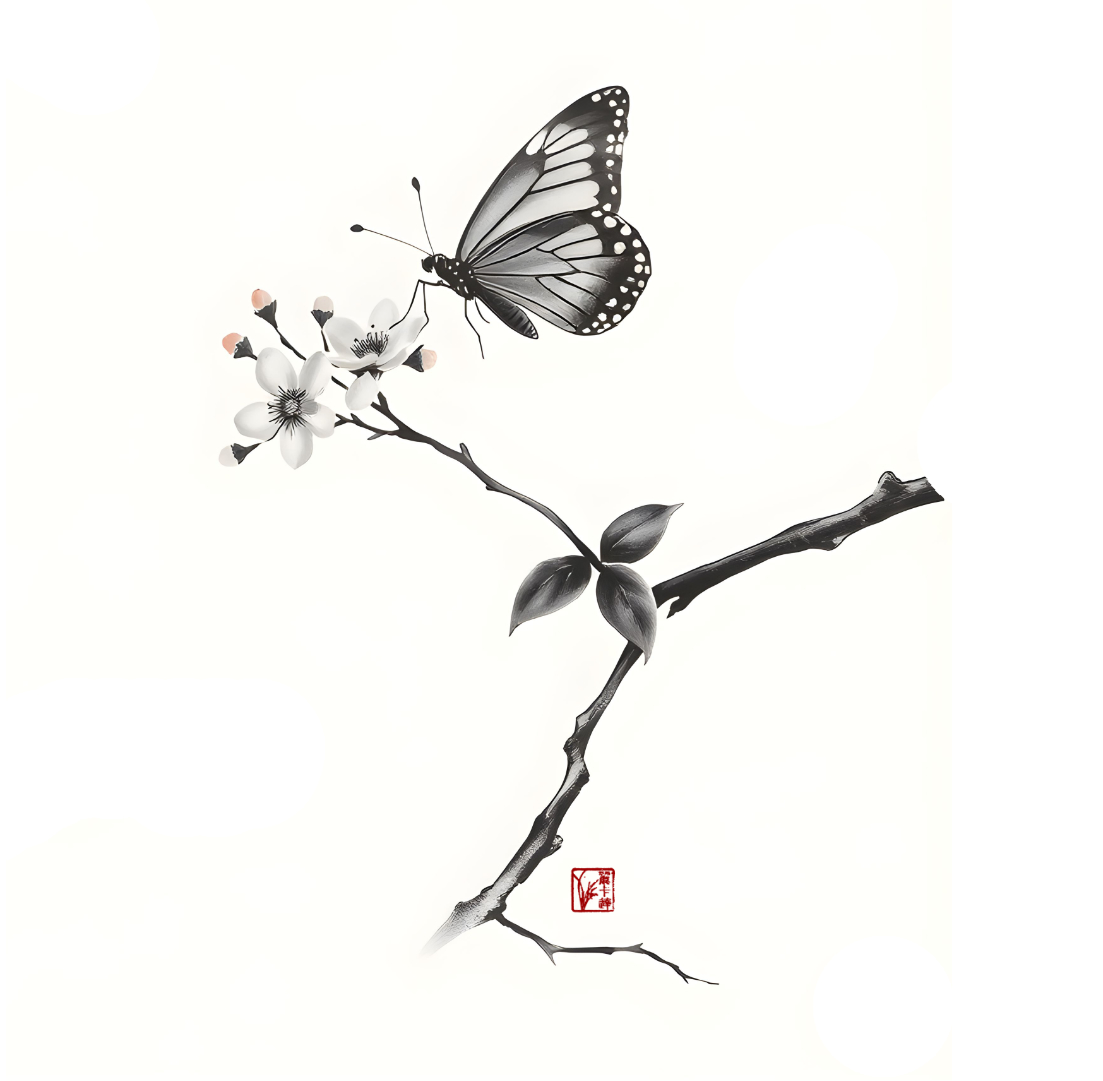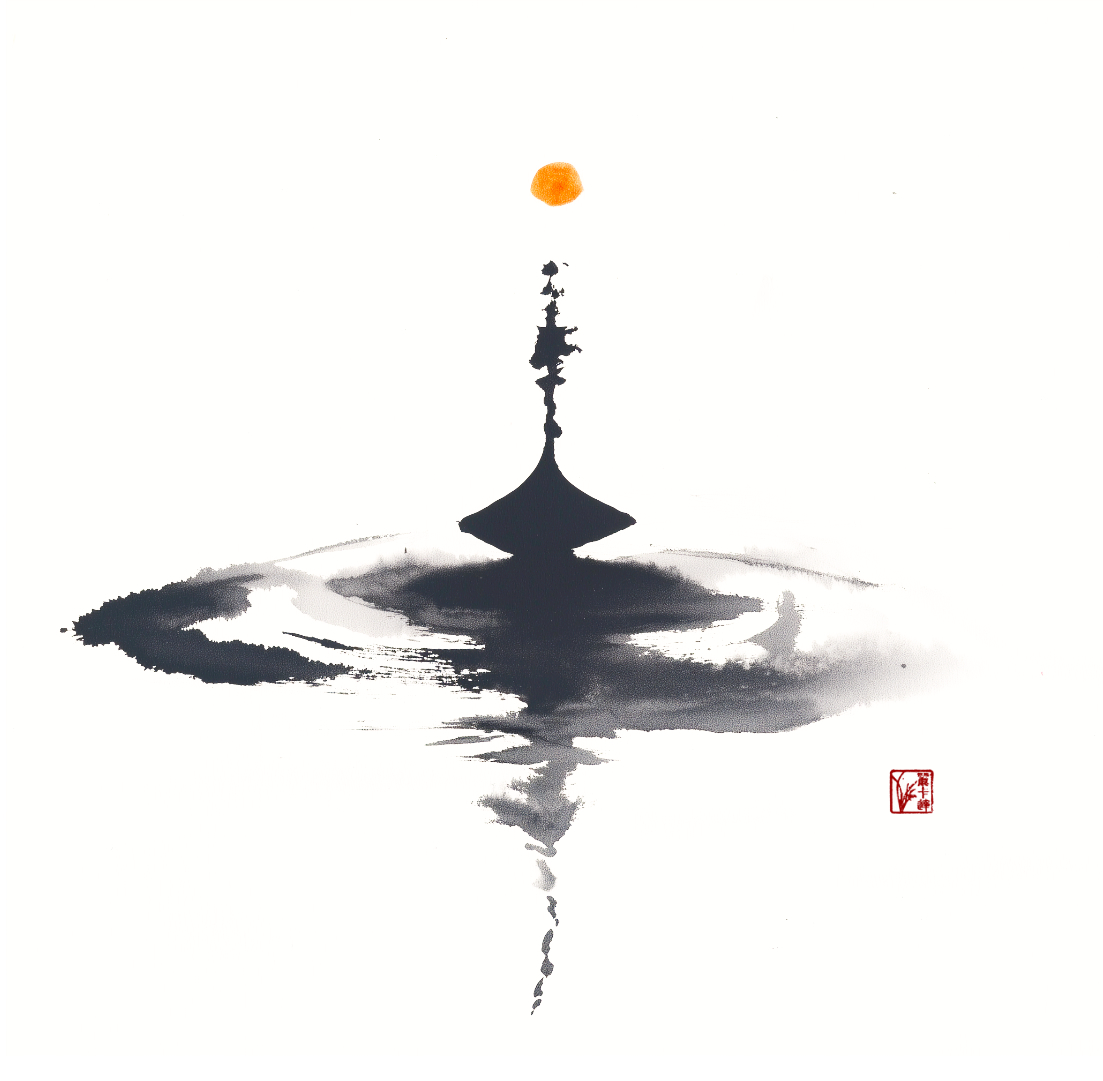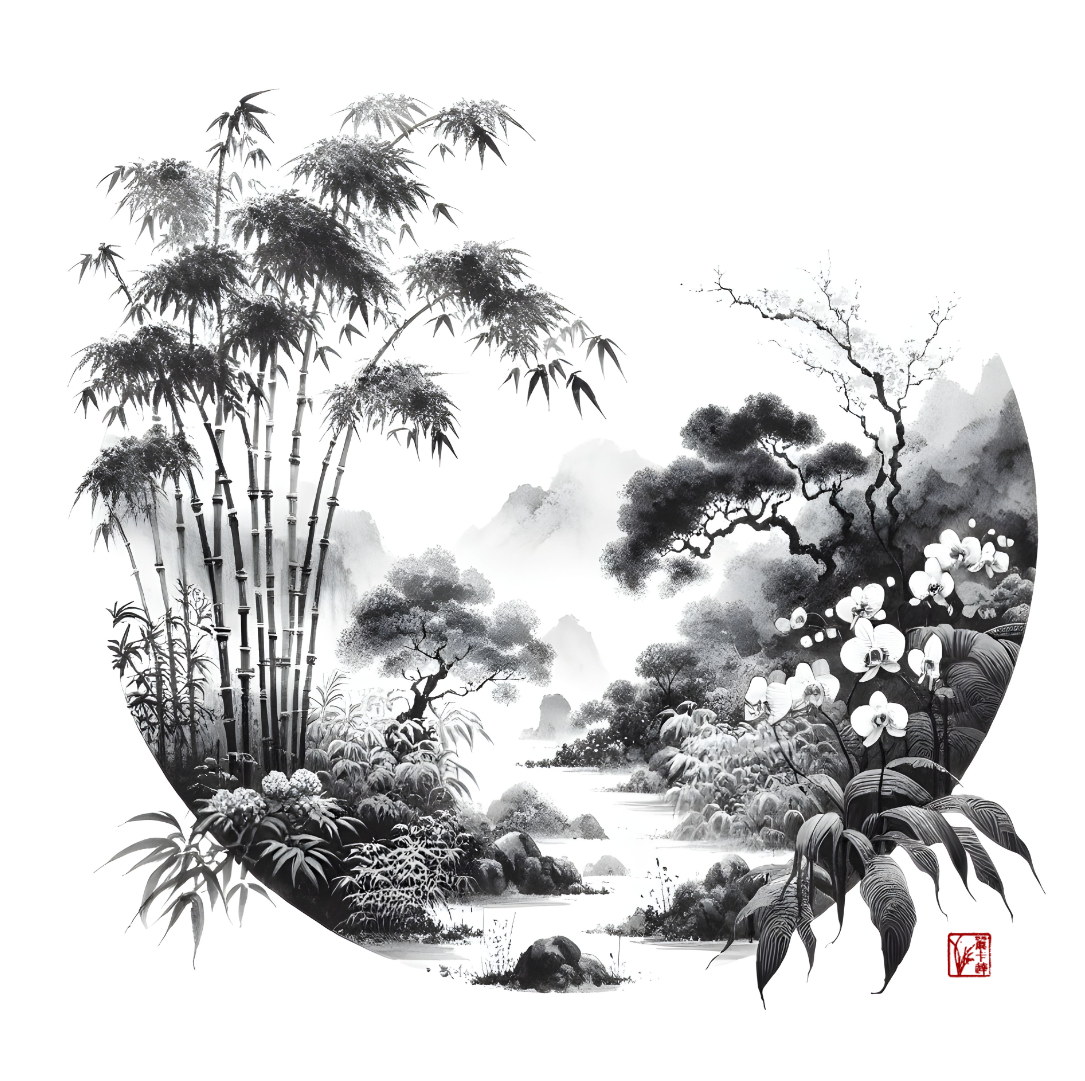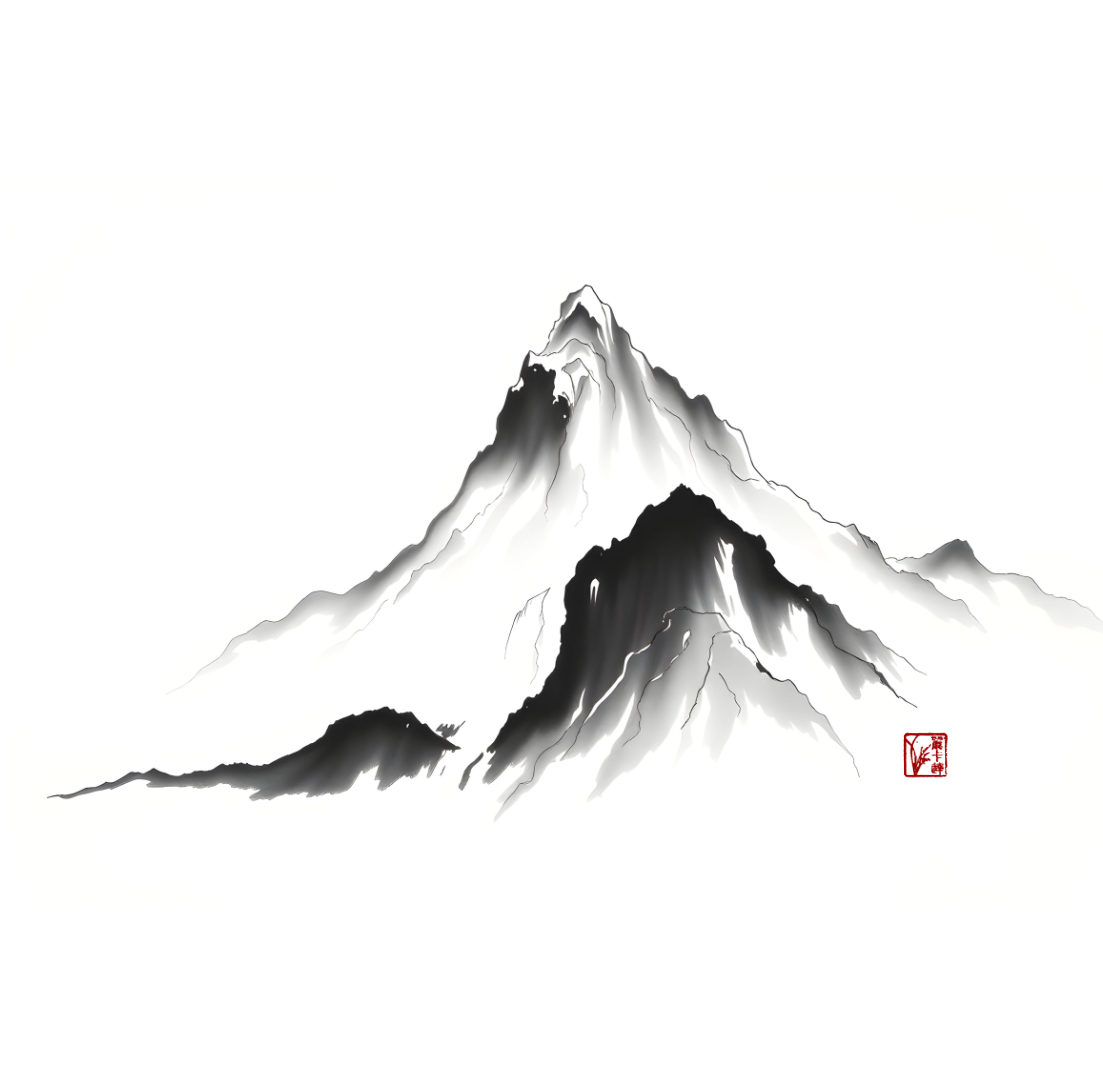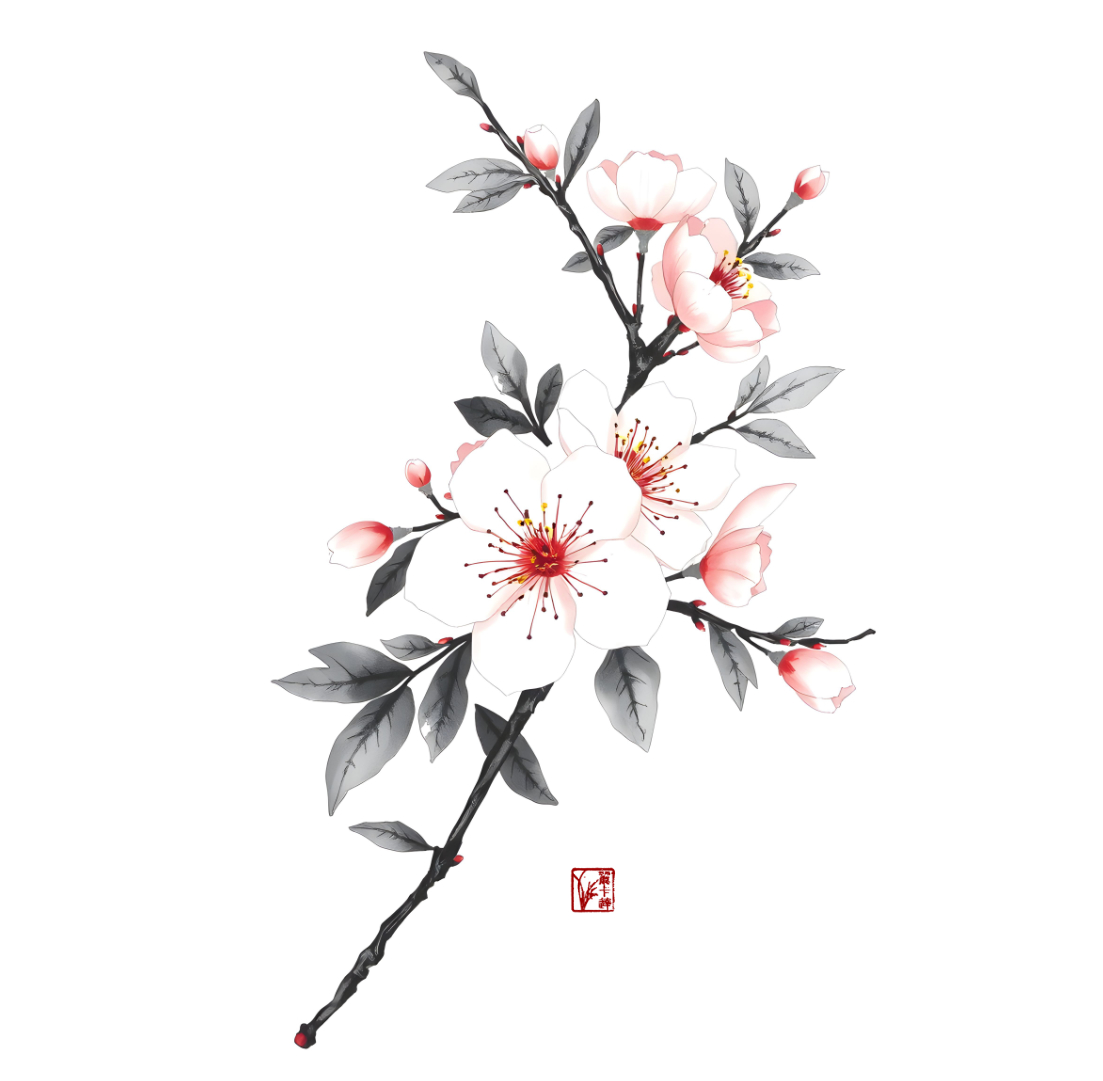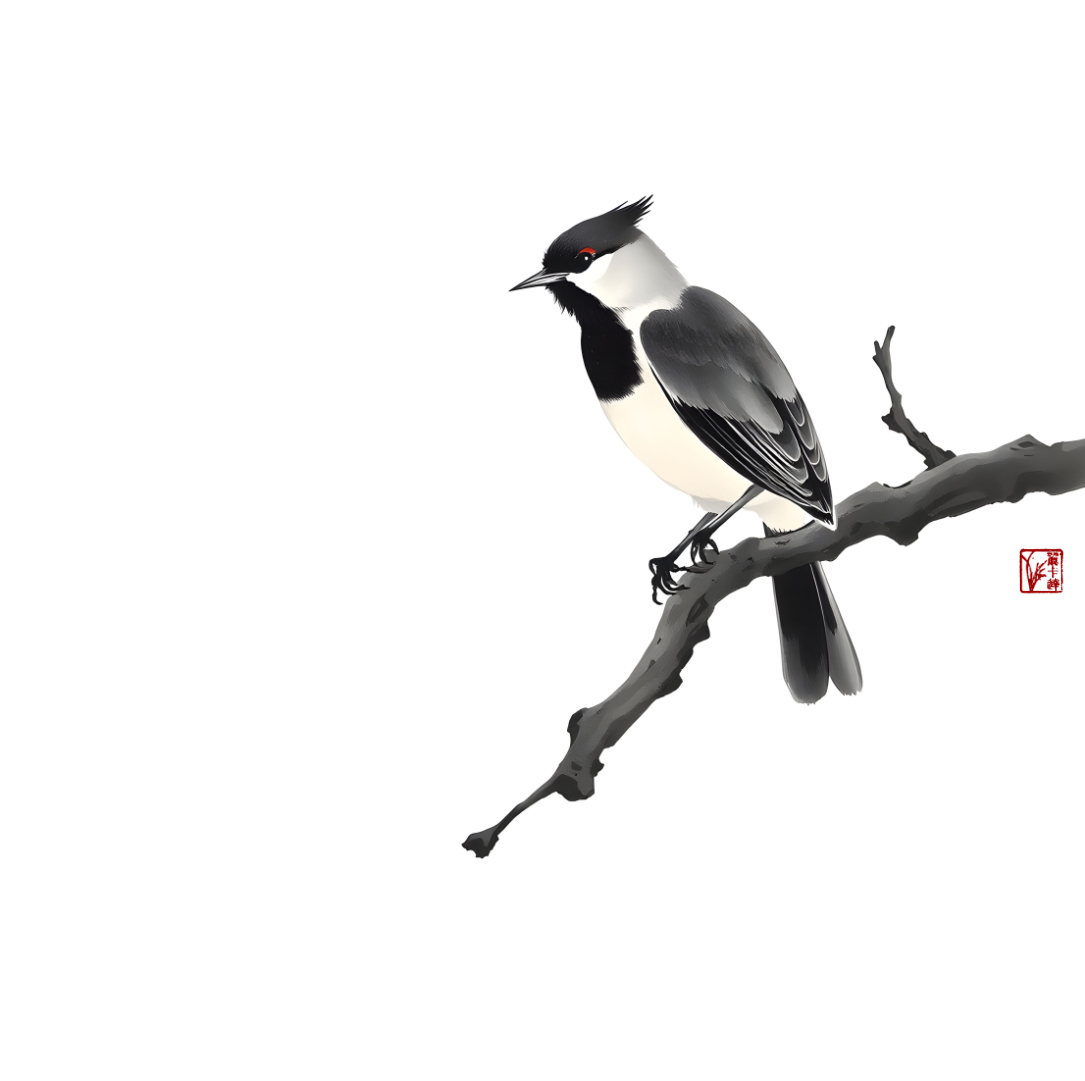The Wanderer
I am the Wanderer, a humble journeyer on the winding road of life, embarking on a timeless quest for wisdom and harmony. Through these pages, I invite you to delve into “The Wanderer’s Tales” – a treasury of stories packed with knowledge, insight, and the timeless wisdom of the ages.
Born of a restless spirit and an insatiable thirst for truth, my wanderings have led me through the vast landscapes of the soul, exploring the depths of consciousness and the mysteries of existence. From the quiet corners of contemplation to the boundless realms of imagination, I have traversed, seeking meaning, seeking purpose, seeking harmony.
My journey is not one of physical exploration, but a pilgrimage of the heart—a quest for spiritual awakening and inner peace. Along the way, I have encountered wise teachings, profound insights, and timeless truths, each illuminating my path and guiding me towards the light of understanding.
Through the art of storytelling, I share with you the tales of my journey—a collection of narratives brimming with anecdotes, inspiration, and the transformative power of introspection. These tales are more than mere stories; they are vessels of knowledge, creative sparks, vehicles of insight, and gateways to growth.
Join me and embark with me on this beautiful path to harmony,




